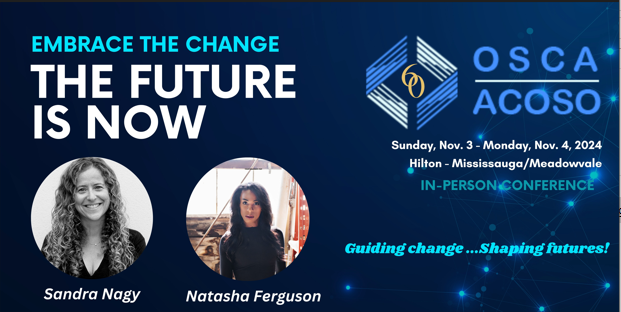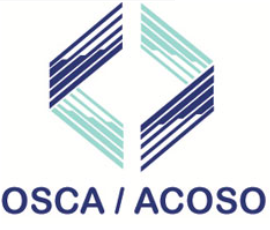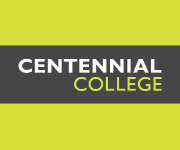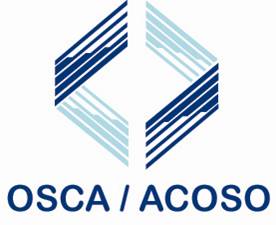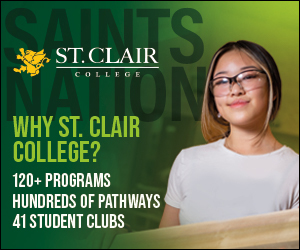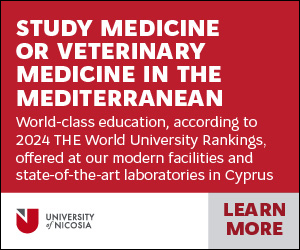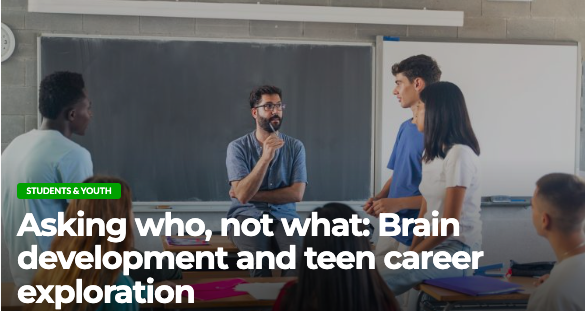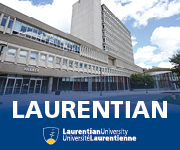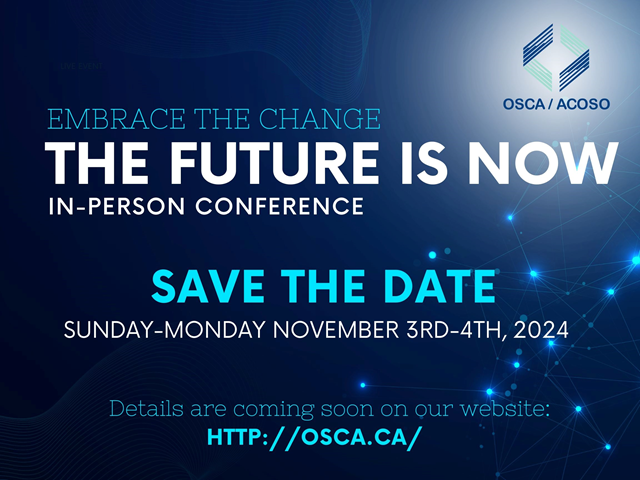 |
||||||||||||||||||
| Archive | www.osca.ca | ||||||||||||||||||
|
Join us for two days of exceptional professional development, spectacular keynotes and active networking. Over 35 workshop options and up to 65 partner organizations in attendance. Celebrate 60 years of Guidance and Career education in Ontario!
Subscriptions may be renewed by going to the OSCA website's "subscribe now" section. Before you renew your subscription, please check with your Board of Education to see if they have purchased or plan to purchase bulk subscriptions with OSCA for 2024-2025. If so, you will need to obtain the payment by pass code to be used and applied at the time of renewing a subscription.
If you're transitioning from high school to college, you may find there are some big differences that can catch you off guard. That's why we've pulled together a list of these differences, along with some tips to help you get ahead and succeed in your new environment. Below, we'll discuss the in-class differences between high school and college.
First things first: There's no magic formula for success at college. While we hope you consider the tips we've outlined here, every learner is different, so you'll need to determine the strategies that work best for you.
Each year, the Foundation proudly supports the next generation of landscape and horticulture professionals with a wide range of scholarships available to Ontario post-secondary students and registered apprentices.
Now is the time to nominate a deserving colleague for an OSCA award. Perhaps it is that person who has created a great resource that has allowed students to create their own pathway? Maybe you know a guidance counsellor who is the go-to person at your school? Perhaps a deserving community partner that provides excellent support for your school? You have until September 26, 2024 at 4:00 PM to nominate someone, but why not do it now? Chacun et chacune de nous connaît un collègue innovateur, qui accomplit avec enthousiasme son travail auprès des élèves de son école. Pourquoi ne pas reconnaître leur contribution à notre profession en posant leur candidature à l'un des prix de l'ACOSO? Pour poser la candidature de quelqu'un, appuyez sur le lien de la mise en candidature. Toutes les mises en candidature doivent être soumises en ligne d'ici le 26 septembre 2024 à 4h. _______________________________________________________________________________________ The Morgan D. Parmenter Memorial Award | Le prix commémoratif Morgan D. ParmenterThis award is presented to recognize a person who has made a most significant contribution to Guidance and Career Education in Ontario. décerné pour reconnaître la personne qui a apporté une contribution significative à l’orientation et la formation en cheminement de carrière en Ontario.
"What do you want to be when you grow up?" is a question that potentially irritates careers advisors just as much as it does teens. It's a question that exasperates me so much that I've undertaken a PhD to investigate what questions and techniques we should use with adolescents. Let me explain why this is so important to me.
Working with teenagers for more years than I care to mention has taught me some of their unique idiosyncrasies. As I researched the reasoning behind this, I became increasingly intrigued by the development of the teenage brain. This is an area starting to gain more scientific attention. Although teenage behaviour has been maligned throughout history—with Aristotle, Socrates and Shakespeare all lamenting the lazy, hot-headed nature of teenagers—science only discovered in the early 2000s that all adolescents go through a period of brain restructuring that leads to some of the stereotypical behaviour we associate with this phase.
Did you know that in 2022, 27% of Canadians aged 15 and older had at least one disability? That amounts to eight million Canadians and it represents an increase of 4.7%, or 1.8 million more people, since 2017.
These were the findings of Statistics Canada’s 2022 Canadian Survey on Disability (CSD). Another thing the 2022 CSD showed, that you may not know about: 20% of Canadian youth aged 15–24 have a disability. The increase of disability among youth was higher (7%) compared to the general population (4.7%) since the 2017 CSD. Here’s something else to think about: youth who have a disability have significantly lower rates of employment than those without disabilities. Career conversations with kids and teens often look different from what we expect. They rarely take place in a 15-minute career consult, but rather, come up during the drive to basketball practice or after a spontaneous comment on someone’s job choice. Career conversations, just like other conversations, are very rarely neat and tidy; they ebb and flow as running discussions over multiple interactions.
The "good stuff" often happens in this messy, dynamic space, which is one of the reasons why I value opportunistic career conversations almost as highly as formal ones. I’ll start by explaining why I feel that some of the most important conversations we have may not be serious at all, and then give a couple of examples of "alternative" career conversation prompts that can be fun and effective.
Celebrate OSCA’s 60th Anniversary by joining us at our two day Conference November 3 and 4, 2024. We are preparing our guidance teacher-counsellors, teachers and youth for the future age of skilled trades, digital learning/jobs, and artificial intelligence with focused workshops and keynotes. A gala banquet and awards ceremony with entertainment is sure to be a hit! Visit our website for more information and to register for these limited spots!
|
||||||||||||||||||
